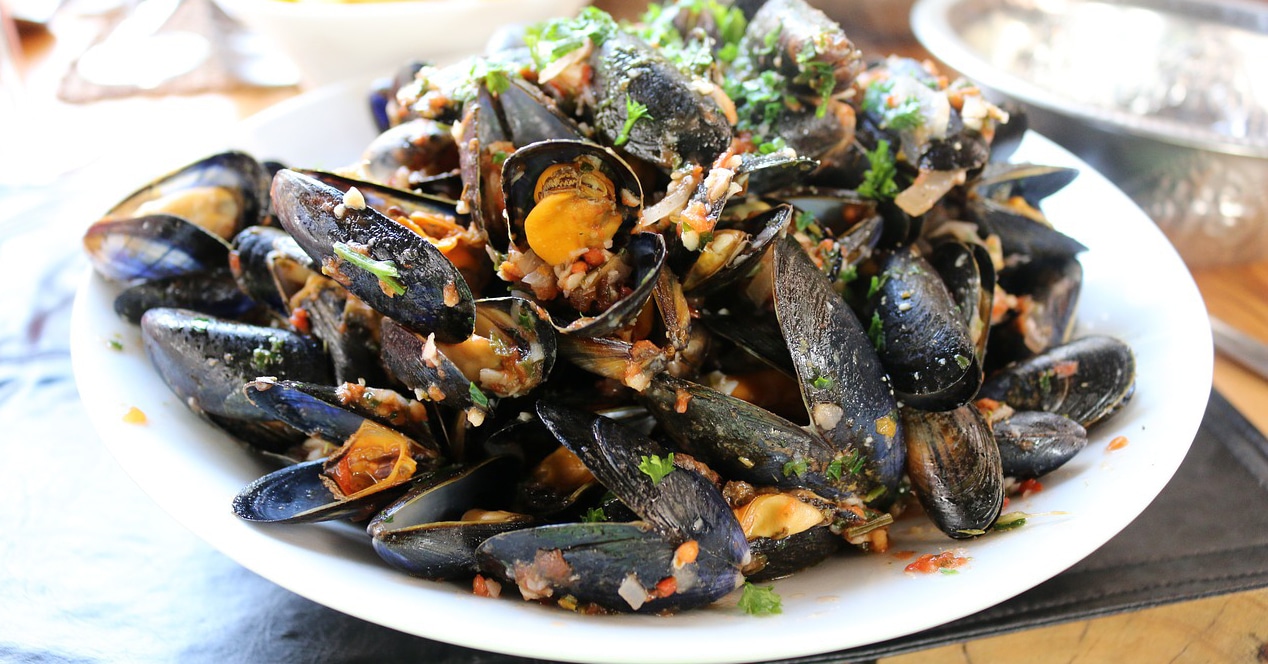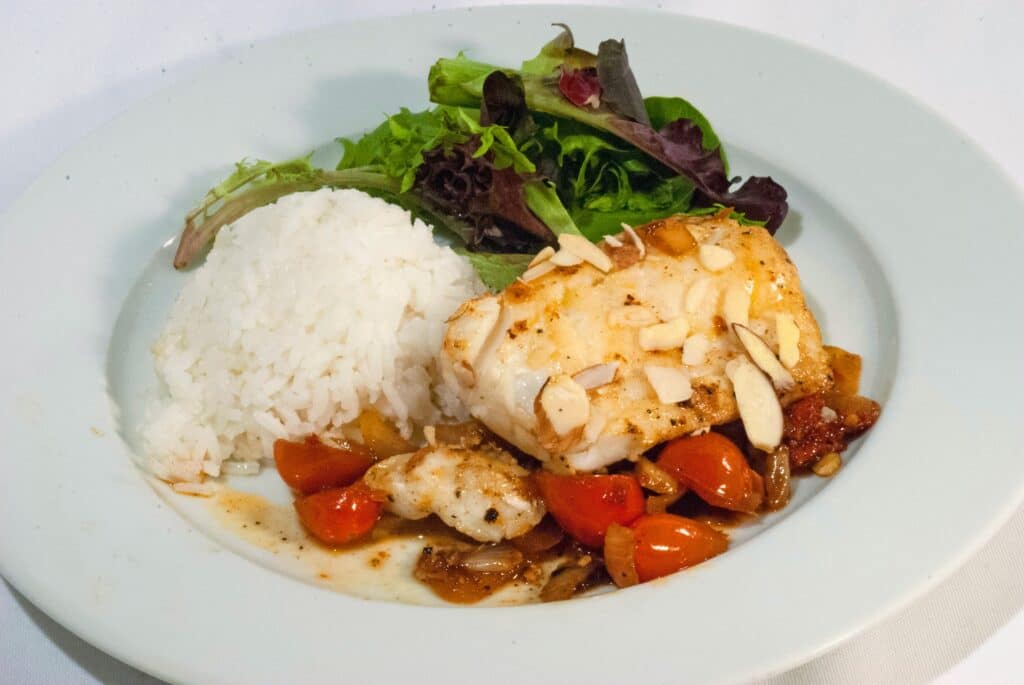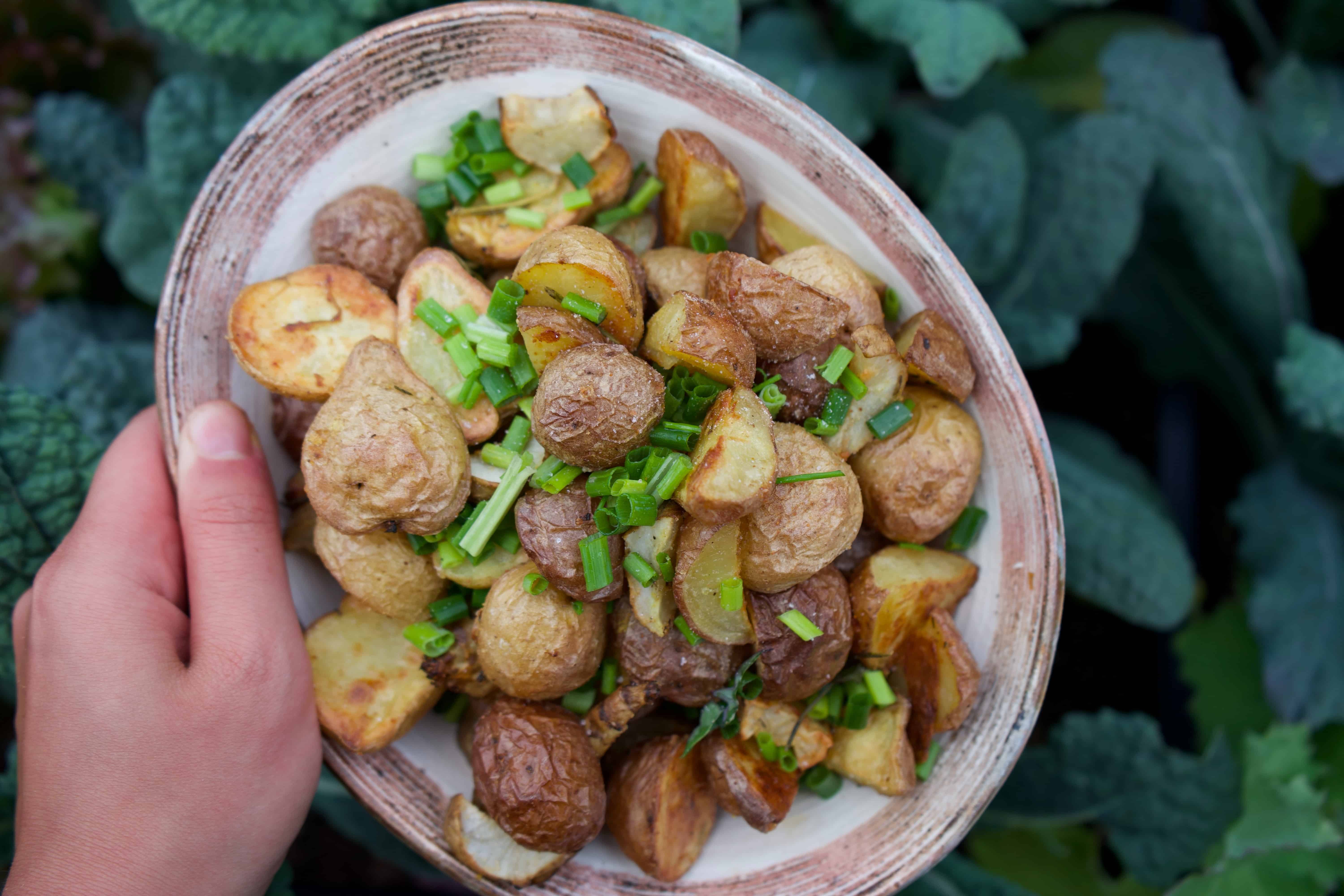
El iodo It is one of the minerals that we must pay attention to in our diet. This mineral has certain important functions in our body. However, the deficiency or excess of this mineral can lead to associated problems. Therefore, in this article, we are going to mention some foods rich in iodine so that you can increase your intake in case of iodine deficiency or control your intake in case of excess.
What is iodine? Why do we need it?
A few days ago we talked about the football, a fundamental macromineral for the organism in various functions.
Now it's someone else's turn macromineral whose functions are also very important in our body, iodine. This macromineral plays a fundamental role in the synthesis of thyroid hormones. These hormones have very important functions in terms of regulation of the organism (heart rate, glycogen synthesis, metabolism, body temperature, etc.)
Changes in the levels of these hormones can cause certain problems. Therefore, a correct intake of iodine will favor a correct level of thyroid hormones.
Contraindications and dangers of this mineral
Iodine deficiency
First, the correct iodine intake during pregnancy is essential. An iodine deficiency during pregnancy It can cause incorrect development of the fetus.
On the other hand, an iodine deficiency during childhood can cause cretinism, which causes a retardation in physical and mental growth. In addition, another of the possible consequences of iodine deficiency is the Goiter, an overgrowth of the thyroid gland.
Also, in situations of iodine deficiency, it can cause Hypothyroidism, with the associated problems that this entails (fatigue, depression, weight gain, decreased metabolism, decreased basal temperature).
excess iodine
We previously commented that an iodine deficiency could cause hypothyroidism. Nevertheless, an excess of iodine in our diet can lead to an excessive production of thyroid hormones (hyperthyroidism) with their corresponding associated problems (weight loss, abundant appetite, anxiety, insomnia, nervousness, etc.)
Although these problems are usually less than iodine deficiencyIt will always be advisable to see a doctor to obtain specific data on our iodine levels.
How much quantity to consume?
The recommended daily amount of iodine varies by age. The quantities that I am going to indicate next are the amounts recommended by the NIH (National Institutes of Health) of the United States. The recommended quantities (expressed in micrograms) are as follows:
- Babies up to 6 months. 110 mcg.
- Babies from 7 to 12 months. 130 mcg.
- sdqwdqd. 90 mcg.
- sdqwdqd. 120 mcg.
- Adolescents from 14 to 18 years old. 150 mcg.
- Adults. 150 mcg.
- Pregnant women and adolescents. 220 mcg.
- Breastfeeding women and adolescents. 290mcg.
Foods rich in iodine
The main sources of iodine are fish and shellfish. However, this macromineral can also be obtained from other sources, although to a lesser extent.
Dried seaweed: 232 mcg, 150% of the daily value
Although there aren't many vegetables that are high in iodine, kelp is an exception, offering 150 percent of your recommended daily value per 10-gram serving, about 10 dried kelp sheets.
El dried nori seaweed It's a thin, flaky, flavorful snack that provides other important nutrients, including potassium, vitamins A and C, and plant-based zinc.
Enriched whole wheat bread: 198 mcg, 132%
Breads and cereals are often fortified with vitamins and minerals, especially those not usually found in plant-based foods, including vitamin B12. Some breads are fortified with iodine; the ingredient list says "potassium iodate" or "calcium iodate."
Choose enriched bread and you'll get 132 percent of the daily value for iodine per slice. Whole wheat bread is better for you because of its whole grains, which are high in gut-healthy fiber.

Cod: 158 mcg, 106%
Shellfish and fish top many food lists when it comes to high levels of good-for-you nutrients. When it comes to iodine, cod is one of the best sources of this mineral, thanks to its absorption from seawater and the food it eats.
A 70-gram cooked serving has 108 percent of the daily value for iodine. Cod is also a good source of protein, Omega-3 fatty acids, and vitamin B12.
Yogurt: 116 mcg, 77%
Dairy products, including yogurt, are the main source of this mineral. A 1-cup serving of nonfat Greek yogurt gives you 77 percent of the daily value for iodine.
Greek yogurt is also an excellent source of protein and contains probiotics, known as healthy bacteria that keep your gut and immune system running smoothly.
Milk: 85 mcg, 57%
Another dairy food rich in this mineral is milk. Just 1 cup of skim milk provides 57 percent of your daily value.
And FYI, it's not always wise to avoid the fat in milk—fat in the diet is filling and helps your body absorb vitamins A, D, E, and K. Plus, saturated fat in milk may dairy is not as bad as we thought
Iodized salt: 76 mcg, 51%
One teaspoon of iodized salt contains 51 percent of the daily value for iodine. That's not to say you should pour iodized salt on all your foods: A diet high in sodium can raise blood pressure, a big risk factor for heart disease and stroke.
But buying iodized salt instead of other types and using it sparingly can help you avoid a deficiency.
White kidney beans: 64 mcg, 42%
Beans are a versatile vegan food rich in iodine. A 1-cup serving of cooked navy beans contains 42 percent of the daily value, as well as plant-based protein, iron, and fiber.

Baked potato: 60 mcg, 40%
Baked potatoes aren't just garnishes, they're a good source of energizing carbohydrates, including fiber. Additionally, a medium baked potato contains 40 percent of the daily value for iodine. Add a pinch of iodized salt and top with greens and melted cheese for a nutrient-dense meal.
Fish sticks: 58 mcg, 39%
Most fish sticks are made with white fish, such as cod, which is a good source of iodine.
A 70-gram serving of fish fingers provides 39 percent of the daily value. Also, white fish tend to have lower levels of mercury than larger fish, including tuna.
Turkey breast: 34 mcg, 23%
Baked turkey breast provides high-quality protein and vitamin B12, as well as 23 percent of the daily value for iodine per 70-gram serving.
Turkey breast, the white part of the meat, contains less saturated fat than dark meat, such as thigh. Saturated fat should be limited to less than 10 percent of your total daily calories.
Hard-boiled egg: 26 mcg, 17%
Eggs are one of the most nutrient-dense foods. In just one hard-boiled egg, you'll get nearly a quarter of the daily value (17 percent) for iodine and more than 6 grams of protein.
Beef liver: 14 mcg, 9%
Organ meats, like beef liver, top the charts when it comes to certain nutrients, including iron, B vitamins, and vitamin A. For a 70-gram serving, beef liver also offers 9 percent of the value. daily for iodine. It's also high in saturated fat, so try to enjoy it in moderation.
Cheddar cheese: 14 mcg, 9%
As if you needed any more reasons to eat cheese! The protein-packed cheddar cheese provides 9 percent of the daily value for iodine per 30-gram serving.
It's also an excellent source of bone-building calcium, making it a good-for-you snack.
Prawns: 13 mcg, 9%
Shrimp, like most shellfish, is a healthy, low-calorie food that contains protein and vitamin B12. An 80-gram serving of cooked shrimp also contains 9 percent of the daily value for iodine, as well as heart-healthy omega-3 fatty acids.
Canned tuna: 7 mcg, 5%
Although tuna is known for its high levels of mercury, canned light tuna tend to have lower levels of the toxin.
A 70-gram serving of canned tuna contains 5 percent of the daily value for iodine, as well as protein, potassium and vitamin B6.